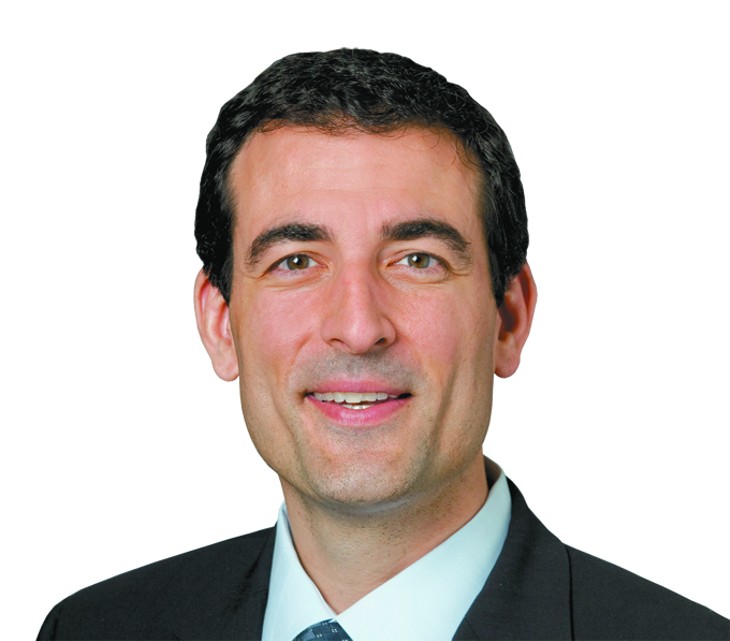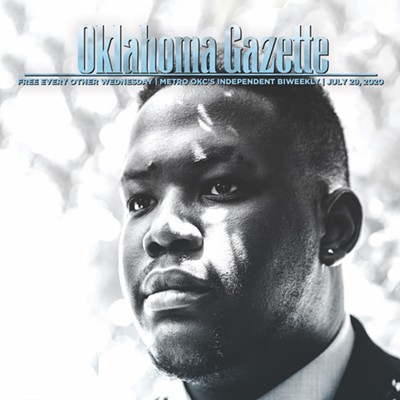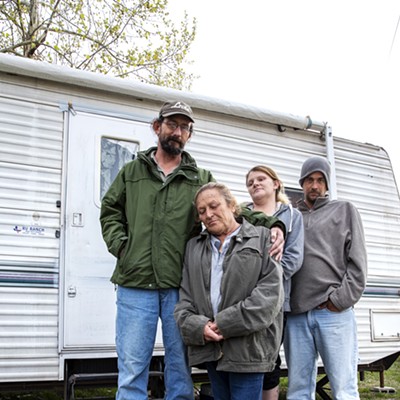Perhaps never in elected office have I been more proud and energized than hearing citizen after citizen in last week’s city council meeting eloquently chastise city government for once again relying solely on punitive measures to address panhandling in Oklahoma City.
The notion that the purpose of the ordinance prohibiting any individual from being on a median is for public safety is fundamentally dishonest. The goal is to utilize punitive measures to decrease panhandling in a way that will withstand legal challenge. It is for that reason that the ordinance was changed during the second of three public hearings last week to ban not just solicitation (as proposed during the first city council meeting), but all activity in public medians. City government is on the cusp of banning not just panhandling, but all activity from medians, including political assembly/speech and journalistic efforts, with no empirical data to prove that pedestrians on OKC medians suffer/cause injury.
Incredibly, city attorneys concede that because it is possible that hundreds of generally more affluent streetcar riders in downtown may one day board streetcars from medians, a future exception might be made for such a case.
One of the most striking characteristics of serving on the city council is the tendency to begin each meeting with a prayer (generally invoking the name of Jesus Christ), repeatedly hearing of the need to adhere to Christian values, and the tone-deaf nature in which we ignore the revolutionary, radical teachings of Jesus which have transformed the lives of billions of people for 2,000 years. This ordinance and lack of any supplemental effort of outreach, coupled with our anemic social service efforts, fails the “What Would Jesus Do?” test.
In a billion-dollar annual budget, the City of OKC spends $121,000 a year of its own funds on all social services combined. This amount has been frozen for several years despite the increase in our population and sales tax revenue. The city will spend an amount equivalent to a significant percentage of those funds defending the inevitable constitutional challenges to the ordinance. Despite a greater metro area of 1 million people not having a long-term inpatient treatment center for addiction and dramatically inadequate mental health care, it has been of a higher priority to the OKC Council to borrow $75 million against our property taxes for “economic development” such as $7 million in job incentives to Continental Energy, $3 million to Chesapeake Energy, etc.
Researchers generally agree that law enforcement alone does not decrease panhandling (OKC’s police chief told the council last week that the ordinance will displace, not decrease, panhandling). Punitive measures such as fines, which are unlikely to be paid, leading to arrest warrants, may paradoxically increase homelessness and poverty because such warrants and unpaid fines can make an individual ineligible from receiving certain social services.
To effectively address panhandling, a coordinated strategy of public education (redirecting the public from giving money to panhandlers to giving to social service agencies, buying The Curbside Chronicle from the homeless, etc.), adequate mental health and addiction facilities and informal social controls such as signage are necessary.
We must urgently move toward a holistic view of addressing poverty, homelessness, mental health and addiction and abandon the failed strategies of punitive measures that reinforce and ingrain through incarceration and fines that which we seek to diminish.
Ed Shadid is an Oklahoma City Councilman for Ward 2.













